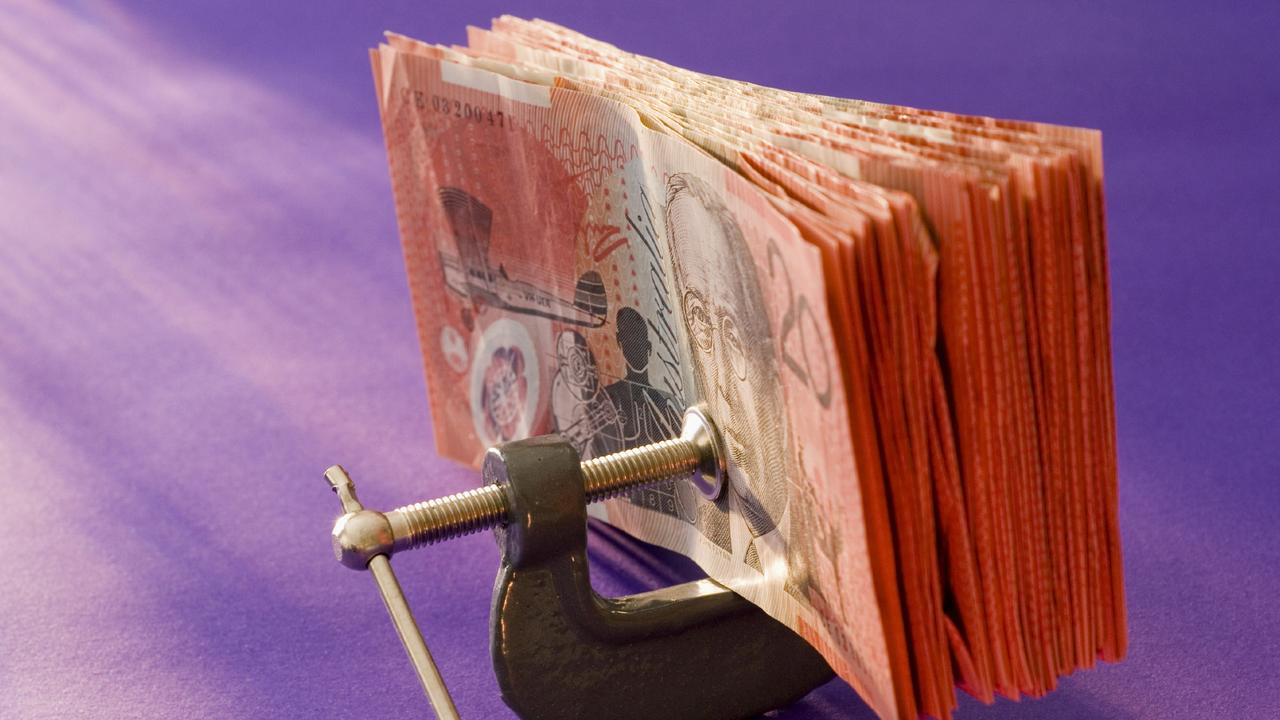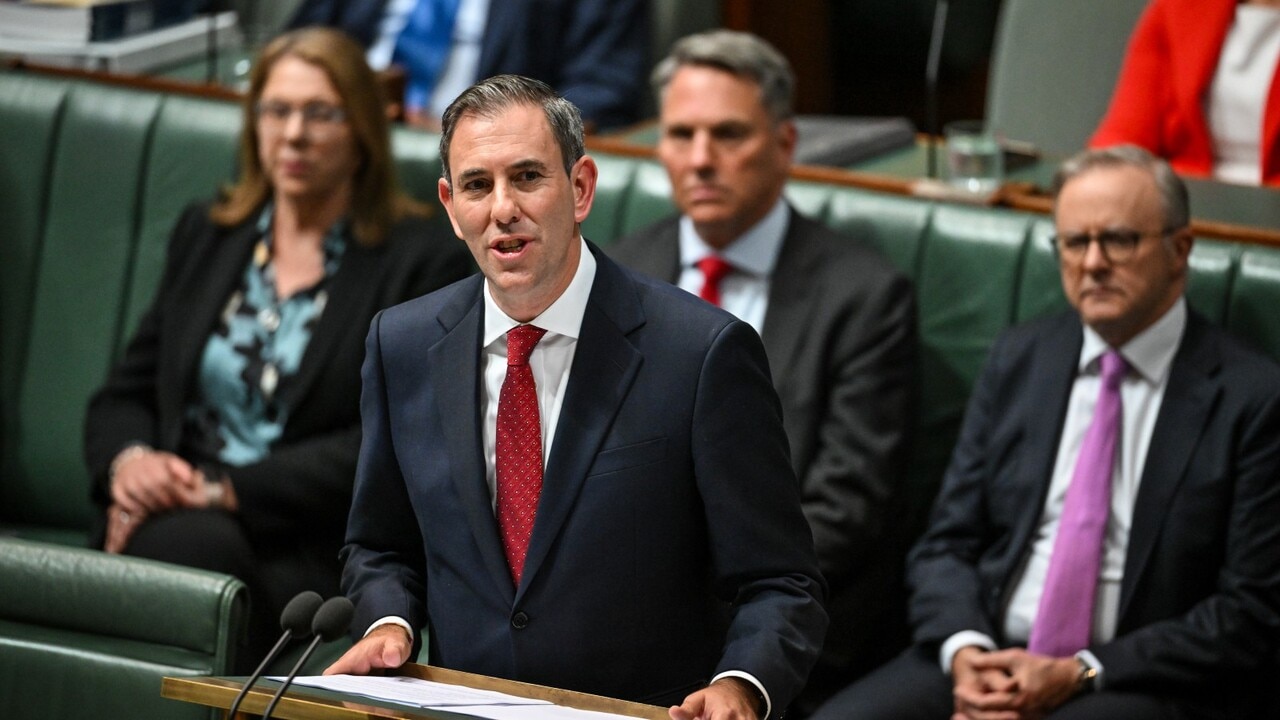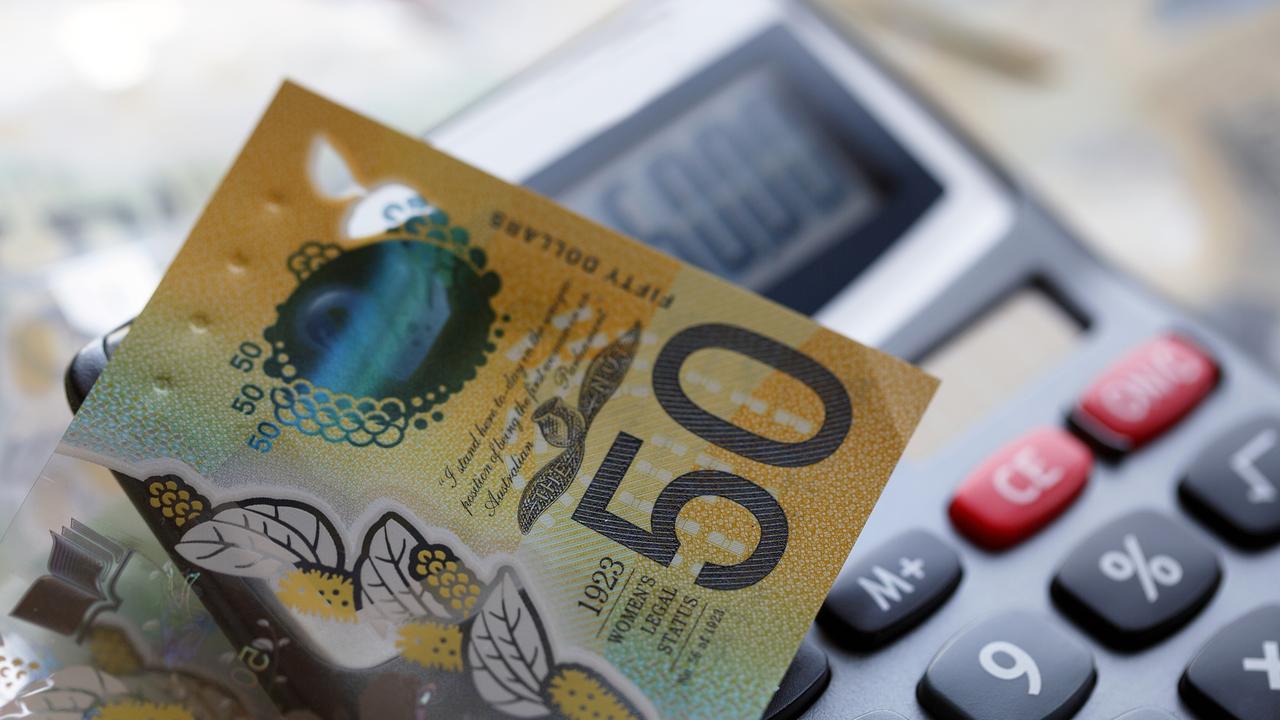Good or bad: what a weak Aussie economy means for your money
Recession vibes remain, and people are in financial pain, but GDP growth may not be the villain. Here’s why some people are sailing through the turbulence.

Economic figures released last week painted a clear picture of a crook-looking Australian economy.
Our quarterly economic growth was just 0.2 per cent, with annual growth an anaemic 1 per cent, and it only was that high because high government spending and high immigration levels propped up the numbers.
On a per capita basis, or per person basis, Australia’s economy has gone backwards every quarter for the past 18 months – meaning we’re already in a per capita recession.
And if you don’t include the crazy Covid period, annual economic growth is at its lowest level in 33 years.
Whether or not we hit a full-blown recession in the months ahead is debatable, but the bigger question on most people’s minds is “what does it mean for me?”
When you’re battling a big mortgage, rising consumer debt, not enough cash to cover the bills or surging prices for utilities, groceries and insurance, the word “recession” is not at the front of your mind. Instead, the word is “survival”.
And does a recession really hurt us as individuals?
The short answer is not necessarily.

A wise finance boffin once told me that recessions can be good for your finances if you manage to keep your job and are a homeowner, even if paying off a mortgage.
That’s because a recession-hit economy usually leads to interest rate cuts – good for homeowners – and weak or zero inflation, good for consumers. Unemployment historically rises in a recession, but people with secure jobs don’t feel that pain either.
Every individual is affected differently by economic circumstances. Australia is not in a technical recession – typically defined as two quarters of negative GDP – but many households and individuals are feeling plenty of financial pain as living costs climb.
Last week’s GDP data reinforced that we are in a long-running per capita recession, which means people are poorer and are producing fewer goods and services than they were a couple of years ago. Business failures have jumped as consumers stop spending.
It may feel like a recession for millions, because their spending capacity has been crunched by inflation, mortgage interest rate rises and rents. However, these are not normal times.
Our unemployment rate still sits at only 4.2 per cent, well below its average of the past decade. If you subscribe to the argument that some workers are only borderline employable, that means almost everyone should be able to get a job if they’re flexible.
And inflation hasn’t fallen far enough to prompt the Reserve Bank to offer personal and business borrowers some repayment relief. At 3.8 per cent, the Consumer Price Index is still way above the RBA’s 2-3 per cent target band despite 13 official rate rises since May 2022.

Don’t hold your breath for a rate cut before Christmas, but remember that these tough times will eventually pass. As other countries around the world begin and accelerate their rate-cutting cycles, we should fall in line.
Our economy is a mix of a bunch of things, and in recent times surging immigration and high government spending have caused higher-than-expected inflation and GDP figures
The most important factor for every individual is their own money situation, and that varies dramatically.
If you’re sailing through this bout of economic turbulence smoothly, good on you. It’s because of either luck, skill or a mixture of both.
If you’re not, understand that things will get better eventually, and you just have to try to hold on. And learn some valuable lessons for future downturns.
More Coverage
Originally published as Good or bad: what a weak Aussie economy means for your money





